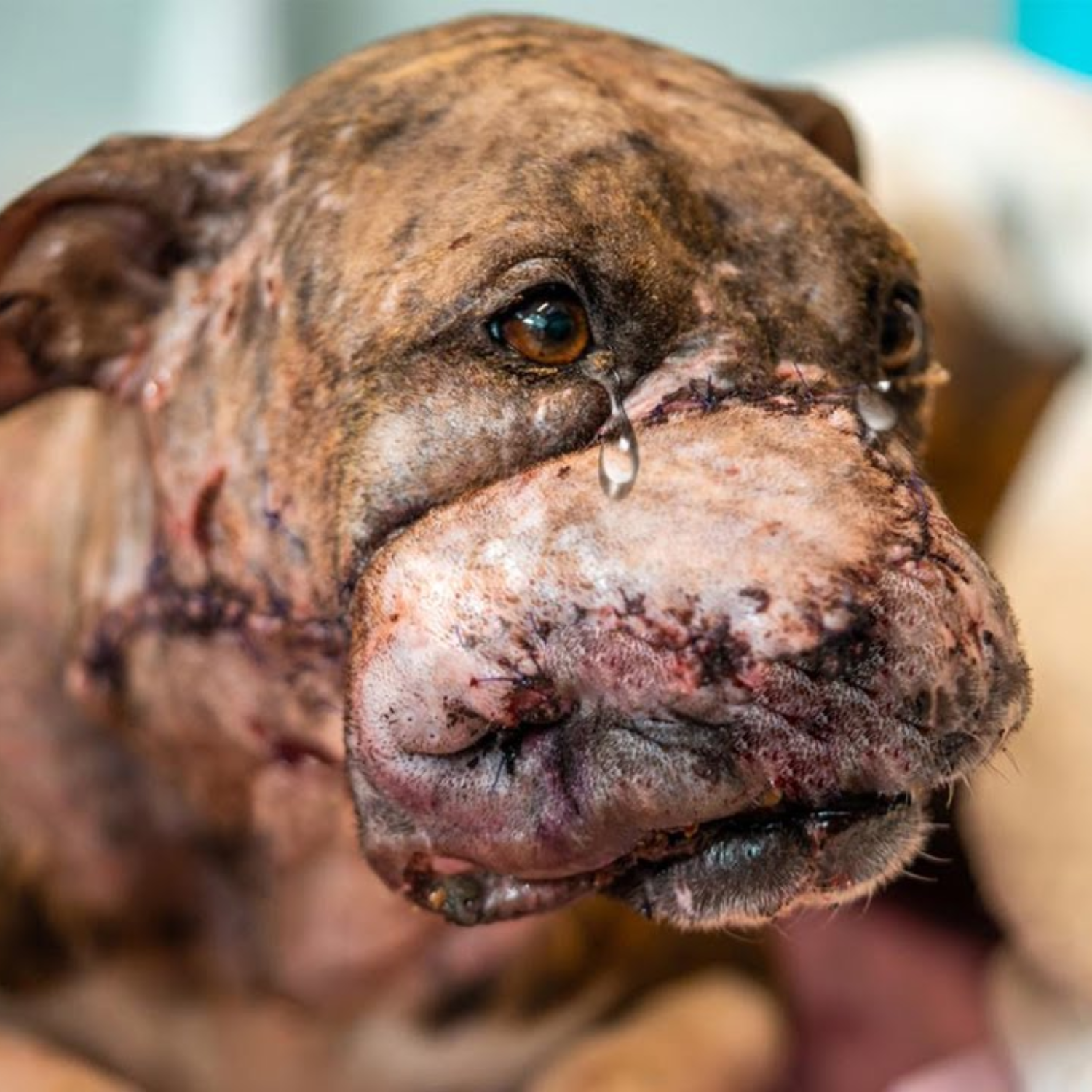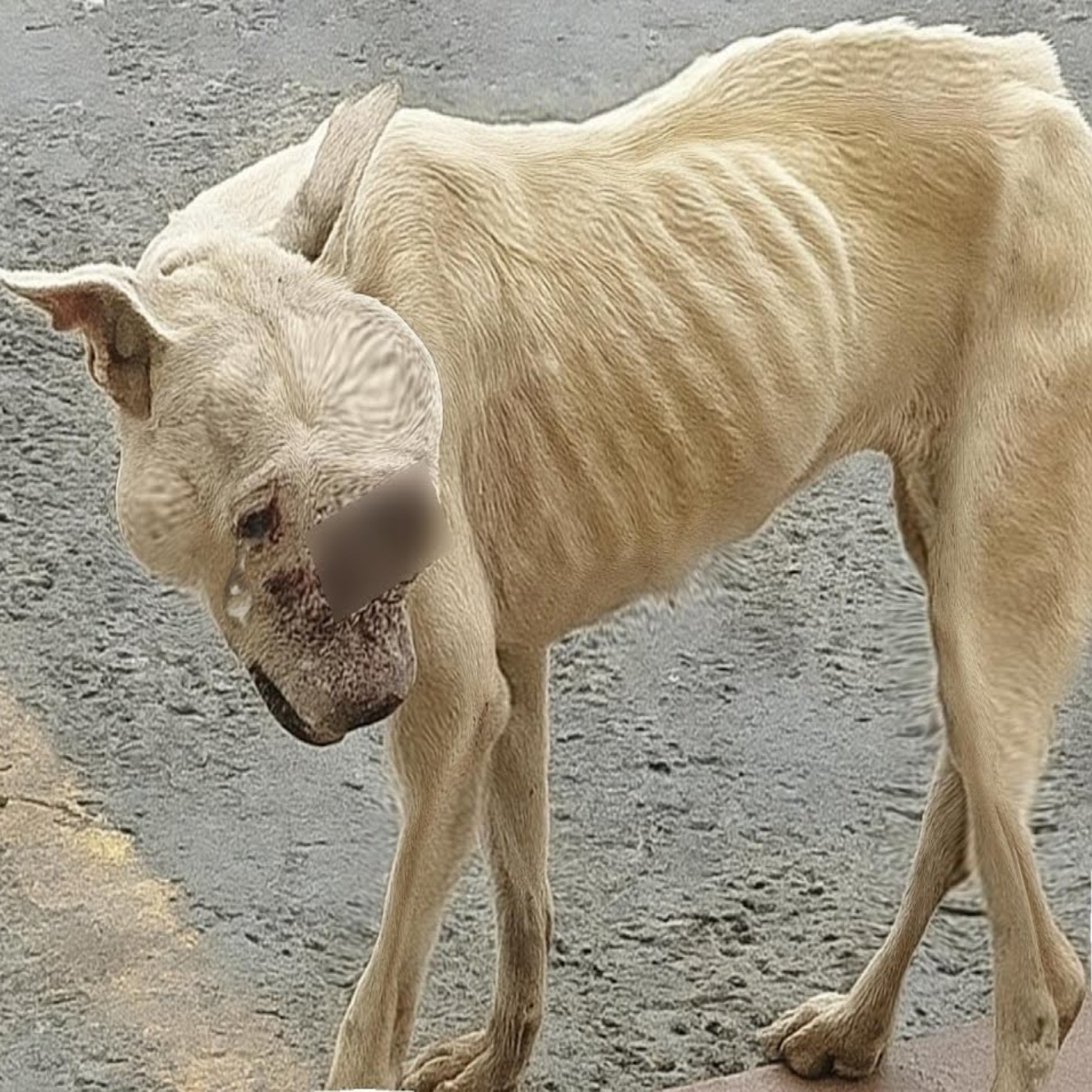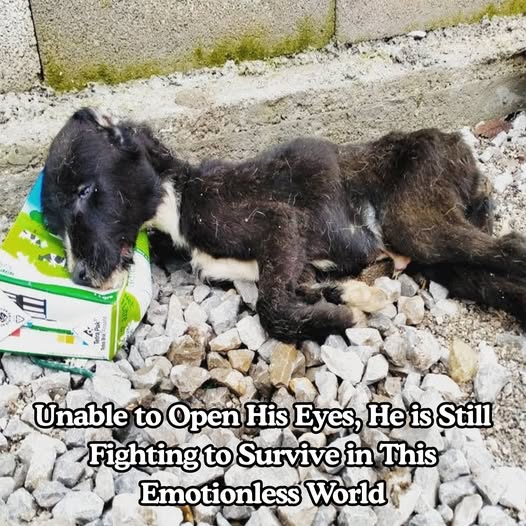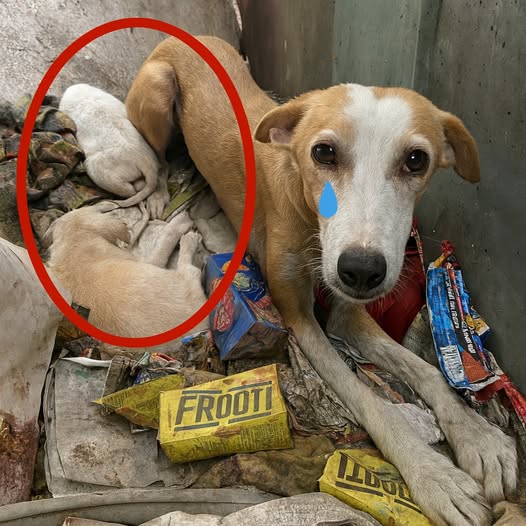The African bush can steal your breath with its beauty—endless horizons painted gold by the setting sun, the rustle of acacia trees in the wind, herds moving like shadows across the plains. But that beauty hides a harsher truth. Life here is fragile, and survival is never guaranteed. For newborn animals left without their mothers, the wilderness is not just unkind—it is merciless.
Yet in the heart of South Africa, at the Care For Wild Rhino Sanctuary, two tiny orphans rewrote what survival means. They weren’t just saved; they discovered something far greater than safety. They discovered friendship.
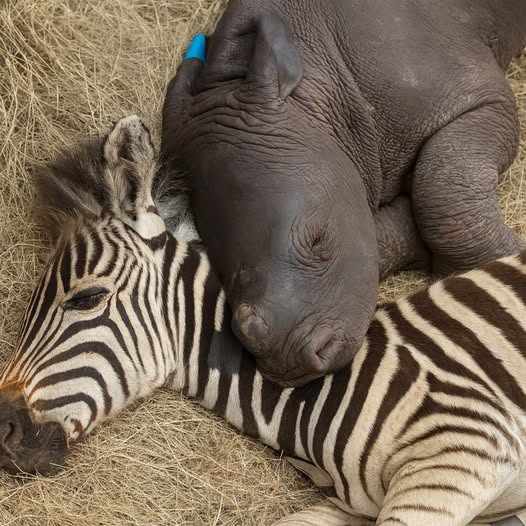
Daisy’s Beginning
In early December, rangers in Kruger National Park noticed a faint sound in the distance. What they found stopped them cold: a newborn rhino calf, so young she was still slick with afterbirth. Her frail body trembled uncontrollably. She was barely hours old, and already she was alone.
Her mother was nowhere to be seen. Perhaps killed by poachers, perhaps lost to nature’s brutality—no one could know for sure. What was certain was this: without help, the calf would not survive the night.
Time was critical. Rangers worked swiftly, wrapping her in blankets and loading her into a helicopter. The thundering blades carried her away from the dangers of the bush and into the hands of people who could give her a second chance at life.
When she arrived at the sanctuary’s intensive care unit, the staff named her Daisy.
Daisy’s battle for survival began at once. She needed bottle feedings every few hours, medications to fight infection, and treatments to regulate her body temperature. Round-the-clock monitoring kept her alive. Each tiny breath was a victory, but her recovery was not just about medicine. Rhinos are deeply social animals, and isolation can wound them in ways no medicine can heal.
Daisy’s body was fighting—but her heart was lonely.

Modjadji’s Rescue
Just a week earlier, the sanctuary had welcomed another orphan. During violent summer storms, rangers had stumbled upon a zebra foal lying motionless in the mud. She was barely breathing, her sides heaving with the effort of survival. Like Daisy, she had lost her mother too soon.
They named her Modjadji.
The little zebra spent days in quiet recovery. Caretakers fed her, cleaned her wounds, and slowly brought her back from the brink. Bit by bit, Modjadji regained her footing, her striped coat gleaming once more in the light. But like Daisy, she was missing something essential: companionship.
Two Orphans Meet
At first, Daisy and Modjadji stayed in separate corners of the ICU. Daisy, weak and exhausted, focused on survival. Modjadji, still fragile herself, rested quietly as the storm inside her body calmed. The staff watched them carefully, never guessing what would unfold.
Then, curiosity took hold. A sniff. A nudge. An innocent glance across the room. Slowly, the invisible wall between them dissolved.
One day, caretakers entered the ICU to find the unlikely pair nestled together. Daisy’s large, clumsy head rested against Modjadji’s striped flank, while the zebra foal stood protectively close. From that moment forward, they were inseparable.
“Rhinos are very social animals and require companionship,” explained Louwhen Bowker, a spokesperson for the sanctuary. “Modjadji is fantastic company for Daisy and very affectionate towards her.”
What began as quiet curiosity blossomed into full-fledged sisterhood.

A Sisterhood in the Wild
Daisy learned to follow Modjadji around, her heavy steps softened by the confidence of having a friend. Wherever Daisy went, Modjadji was close behind. At night, the two would curl up together in the straw, bodies pressed close for warmth and comfort.
Caretakers were astonished. It wasn’t just adorable—it was crucial. By bonding with another animal instead of depending solely on humans, Daisy was being prepared for the wild future awaiting her. Modjadji gave her something no medicine could: the feeling of belonging.
The zebra, in turn, found safety in Daisy. Standing next to a rhino—even a small one—brought her comfort in a world that had been nothing but loss. Together, the two tiny survivors became each other’s family.
Healing Together
For the staff at Care For Wild, Daisy and Modjadji’s friendship wasn’t just heartwarming—it was lifesaving. Companionship is known to reduce stress and boost recovery in many species. As Daisy’s strength grew, so did Modjadji’s confidence. The sanctuary became a place not of sorrow for what was lost, but of hope for what could still be built.
Their bond even changed the atmosphere in the ICU. Caretakers who had worked through long, sleepless nights found renewed energy just by watching the two together. It was as if Daisy and Modjadji were teaching everyone that healing is not something you do alone—it is something you share.

Looking Ahead
The day will come when Daisy will return to the savannah, strong and fierce, ready to join the crash of wild rhinos. She will learn to graze, to roam, to stand tall among her kind. Modjadji, too, will one day find her place within a zebra herd, galloping across the plains in dazzling stripes.
But no matter where their futures lead, the bond they forged in those first fragile days will remain. In the darkest hour of their lives, when they had nothing else, they chose each other.
More Than Survival
Their story isn’t only about survival against impossible odds. It’s about love—unexpected, unshakable, and beyond species. Daisy and Modjadji remind us that healing is faster when you have a hand—or a hoof—beside you. That sometimes, the family you choose can be even more powerful than the one you were born into.
In the wild, where survival is measured by the hour, two orphans found not just life, but something far richer. They found friendship.
